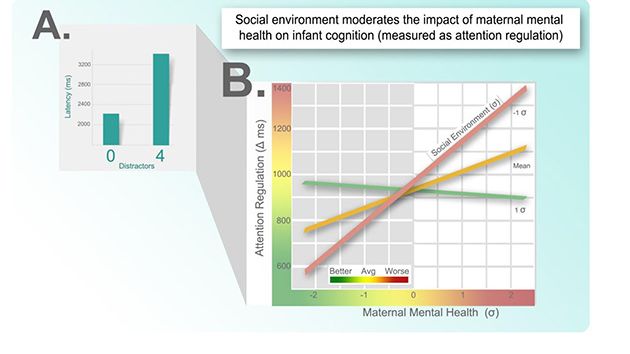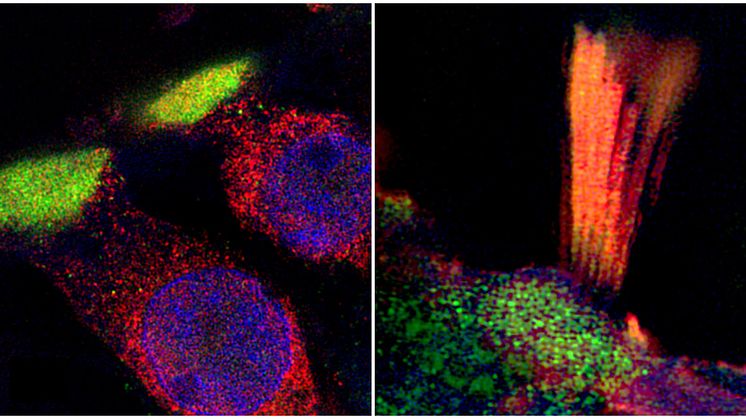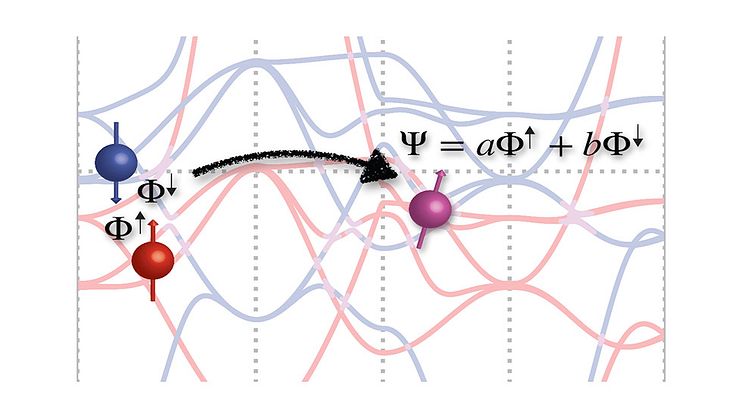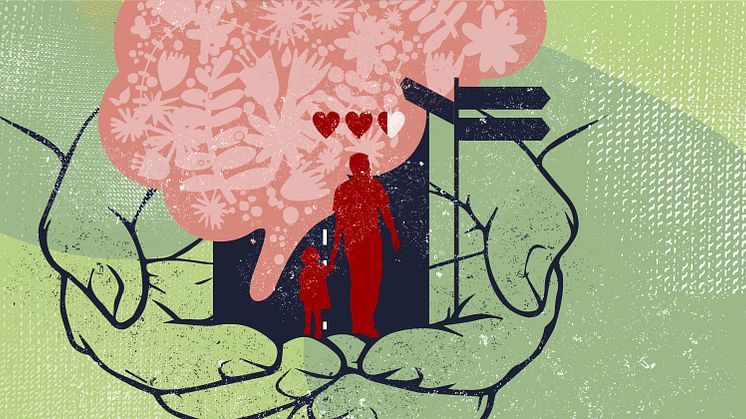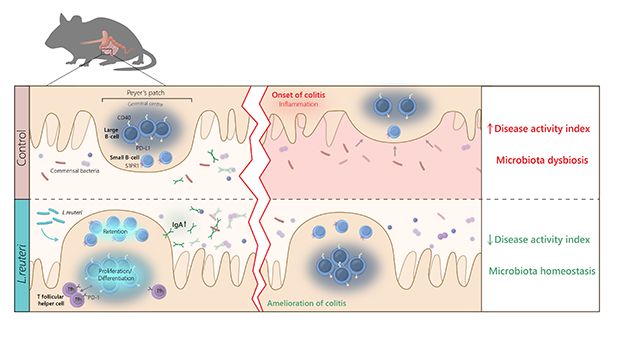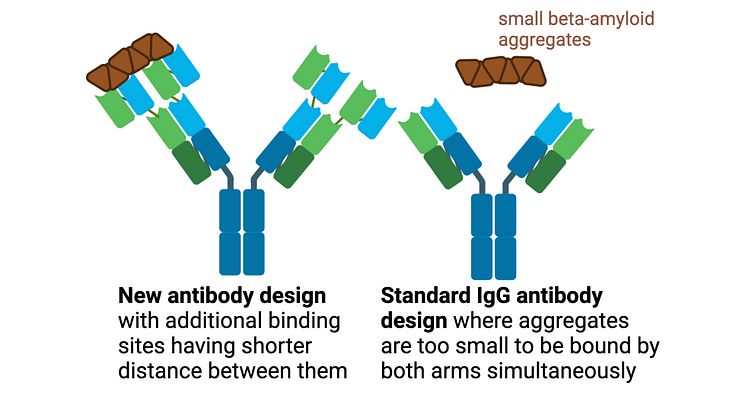Unequal knowledge about cardiovascular diseases
Although many people know what increases the risk of cardiovascular diseases, such as heart attacks, not everyone recognises their own risk factors. This is shown by a new study of 423 Swedes aged 40–70 years, which has now been published in the scientific journal Preventive Medicine Reports.
